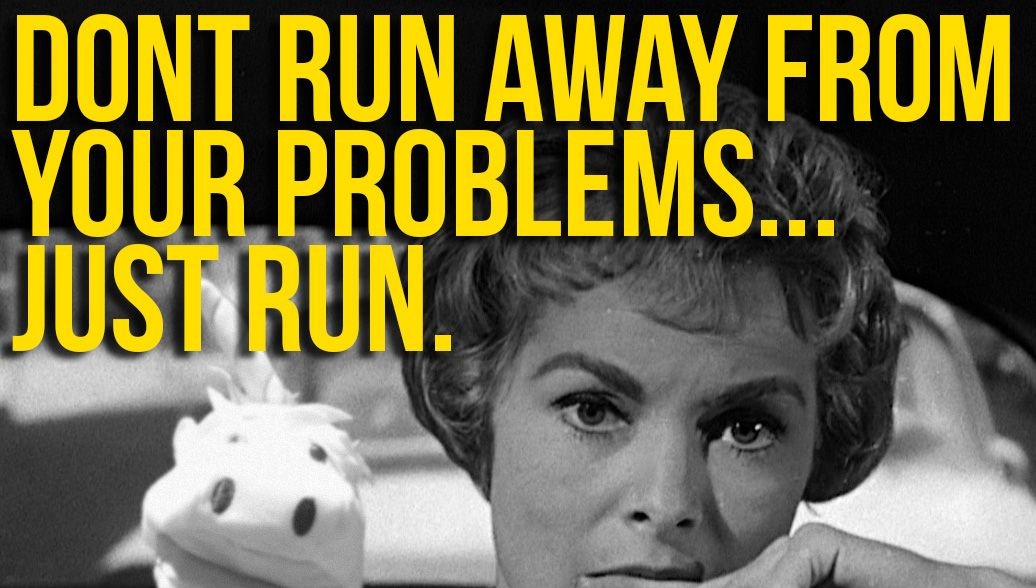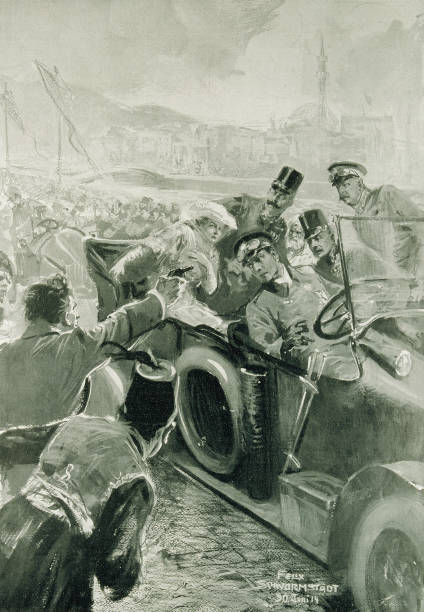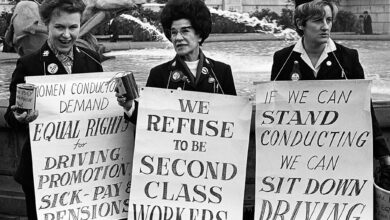The Thing About “Running Away” as a Coping Mechanism

I guess I hadn’t given it much thought until someone this past week asked me the age-old question: “How do you cope with medical school?” Or at least something similar to that—if I remember correctly. I was stopped in my tracks. This was perhaps where I was to describe my hobbies, or the things I do to “wind down” and destress. But if I would be honest, running away was what came to mind. How do I “get by” in medical school? I run away… or at least try to.
You see, the funny thing is I’m not even so far gone in medical school. Seniors always say I should enjoy the stage I’m in because it only gets worse going up, so I can’t even complain that I’m seeing the worst possible there is to see. But one thing I know is that this running away is how I have survived—thus far, at least—the overwhelming nature of this burden of a course. I did a Google search and found out there’s a cool word for it—escapism.
The question is, how does it work? How effective is it? Will it always work? Are there any downsides?
Escapism Defined
Wikipedia defines escapism as “mental diversion from unpleasant aspects of daily life, typically through activities involving imaginationor entertainment… [and] may be used to occupy oneself [sic] away from persistent feelings of depression or general sadness.” Basically, there is an unpleasant reality you stand face to face with, which is often difficult or impossible to deal with—say for instance the loss of a loved one, some failure or disappointment, or Medicine as a course and all that comes with it.
Since you can’t do something about the issue, you devise means to distract your attention away from it. I describe it as, “If you can’t beat it, you beat your mind to it.” You numb your sensibilities to it and “short-circuit” your mind—howbeit temporarily—in a way such as to make you think it’s no longer there.
Methods
How? There are quite a number of ways of running away, but I’ve figured they often fit into either of two categories. Since the aim is to deviate your mind away from a particular reality, you could choose to either (1) employ an alternative reality or (2) alter your perception of that reality itself. So, the first one looks something like reading fiction (or watching movies) exploring love in the context of romantic or non-romantic relationships. Going out and doing things with the person you love, spending time and sharing intimacy with them, etc., all help to focus your mind on the alternative reality of acceptance, love, peace, satisfaction, rather than loss, fear, and uncertainty, which the unfavourable circumstances around you induce.
The second one looks something like “drowning in the cup” (drinking—lots of—alcohol) or using mind-altering substances (yes exactly, those). In that case, you’re numbing your psyche from perceiving the unpleasant reality surrounding you. It’s like throwing a blindfold across your mind to prevent it from seeing what is there.
Bad Running Away vs. Good Running Away
Due to the possibility of heightened dependence on some methods of running away leading to unhealthy habits (e.g. alcoholism), many would regard them as being harmful and bad. People are therefore often encouraged to shun the kind of escapism that will tend toward increased dependence, for instance, on hard drugs and similar substances, and instead opt for healthier alternatives.
Does It Work?
Many would attest to the effectiveness of these methods in giving a semblance of escaping the problem at hand but—I sincerely want to believe—are aware of the temporary nature of this effect. They know the only permanent way of ending the face-off with the unpleasant reality that won’t budge is to call it quits (i.e., die). So they repeatedly employ these temporary methods to provide the needed relief. If, upon “returning” they are reinvigorated to confront that unpleasant reality, one may conclude that running away was effective—which seems to be the most common way it “works”.
What about when it doesn’t work? What about when upon “coming around”, one is as weak as one was before running—or even weaker—such that the urge to run away still remains and there has been no respite to one’s weary soul? I think that’s when things go sour. I think increased dependence on poorly functional or unhealthy escape “routes” tends to negatively alter an individual’s personality and interaction with the outside world—the real world around them—and this may result in social awkwardness, extreme introversion, and emotional volatility, among others.
But when it does work, is it the same as how some people “recharge their batteries”, taking time off social media and certain engagements that seem draining (unpleasant reality) and finding an alternative reality to focus on? Does that qualify as running away too?
Conclusion
It seems there’s a healthy running away and a bad one. May we consider running away as part of the normal human experience and not as an act of cowardice, as people often tend to do? Even the bravest of armies retreat to fight another day. Maybe this is a call for you to… run away—the good way. Tell me, what do you think?
An Exhausted UIMSAite




